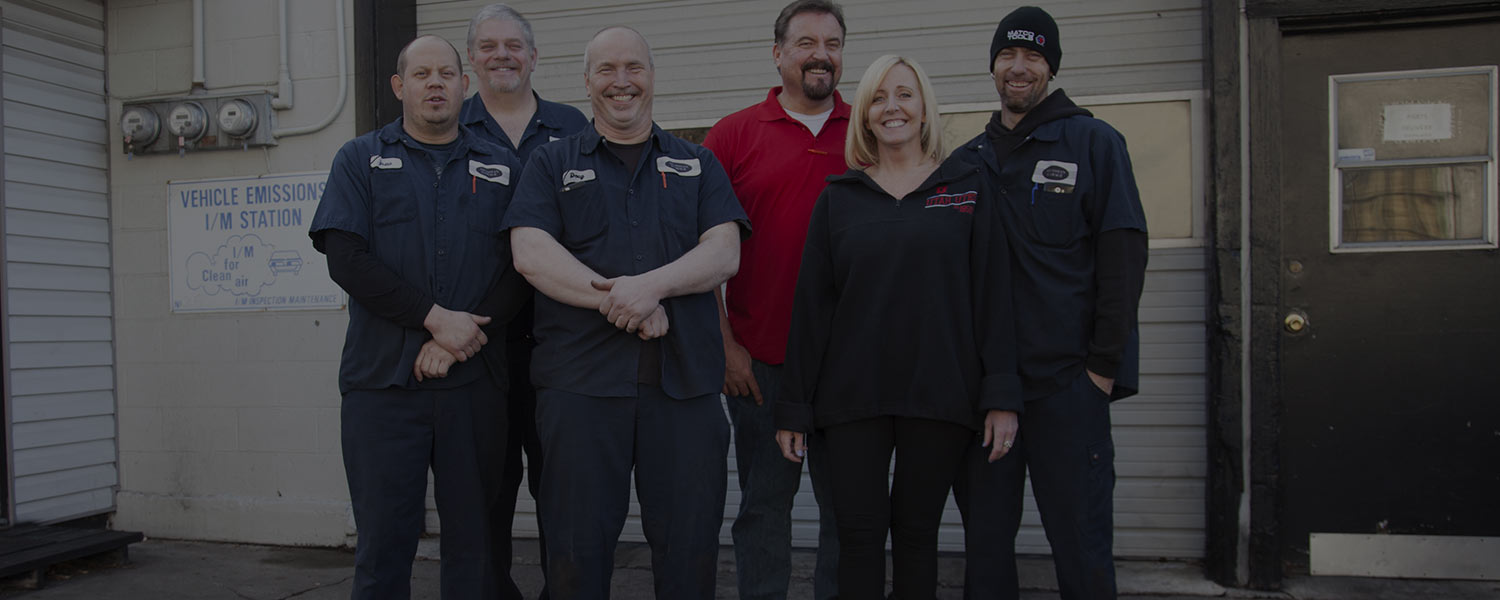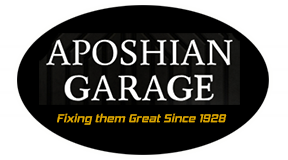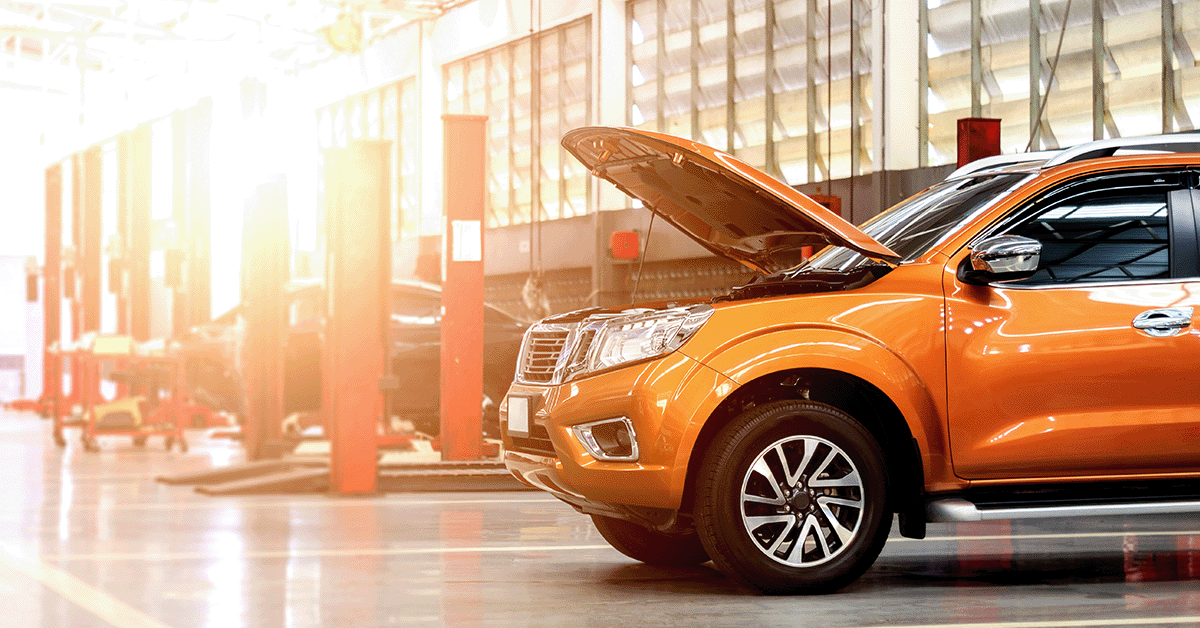What is one of the worst—if not the worst—things that can happen to your vehicle? We'll give you a hint: it's a blown engine! If you've experienced this mother of all vehicle-related problems, you've likely asked yourself a common question.
Do I get my engine replaced, or do I buy a brand-new vehicle?
We get this question a lot at Aposhian. That's why we decided to take to our blog and settle the matter once and for all. But before we address engine replacement, we must consider another question first.
Is an Engine Repairable?
Not every issue is the result of a blown engine. While there's no way to be sure until you've had your vehicle checked out by an auto repair professional, it is possible your engine problems can be fixed by maintenance or with simple repairs.
Maintenance Services for Engine Issues
Maintenance services are meant to protect your engine, and they are often recommended after certain mileage benchmarks are reached (i.e., oil changes every 3,000 miles). However, maintenance services won't be able to solve every problem, especially if an engine has suffered enough damage.
Engine Repair: Single Part of System Replacement
With engine repair, the primary consideration is how extensive the damage to your engine is. If the damage is contained to a single part or system—such as a belt or hose—then all you need is to have that single component replaced.
However, if the damage has affected something more significant—such as the transmission or the radiator— you will be dishing out more money for a replacement. Even then, you'll still be spending less than if you had to replace an entire engine or decided to buy an all-new vehicle.
A Blown Engine
Now we've arrived at the big topic: What do we do when it comes to a blown engine?
Because once an engine has suffered enough damage, there is no repairing it. Therefore, we face a dilemma: replacement vs. a new vehicle.
A Case for Engine Replacement
For starters, engine replacement is often more affordable than buying a new vehicle. But that's not the only reason you might want to consider it.
- Warranty coverage: If your vehicle is still covered under warranty, you'll be able to get an engine replacement at little or no cost.
- Insurance coverage: If your insurance policy covers engine replacement service, you'll also be able to have this service done at little or no cost.
- Extra costs: Let's say you are considering buying a used, older vehicle rather than paying for an engine replacement. It's possible that the car may have engine problems of its own. Not only will you be paying for the new vehicle, but you'll also have to pay for another new engine! You'll be stuck at square one.
- Sentimental value: Getting rid of a vehicle with sentimental value can be challenging. In this situation, it may be worth getting the engine replaced.
A Case for a New Vehicle
Of course, engine replacement is not for everyone. Here are some things to consider if you're leaning toward a new vehicle.
- Necessary upgrades: A vehicle replacement may be suitable if you're already looking for something newer or bigger.
- Bigger budget: While engine replacement is cheaper, buying a new vehicle may be worthwhile if you have a bigger budget. Of course, you'll want to make sure you spend your money on a reliable car with a warranty.
- Other car issues: If your vehicle's problems are contained to the engine compartment, you're likely better off going with a replacement. However, getting a new car is probably the better option if you're experiencing other issues—such as with the A/C system, suspension, or headlights.
A Word on Remanufactured Engines
In case you're wondering, yes. There is a middle ground—sort of. A remanufactured engine is an engine that's been previously repaired and restored. It can be more affordable than a new engine while also being reliable.
While there's no one-size-fits-all answer to the engine replacement vs. new vehicle debate, know that there are professionals who can help you make that decision.
When using Aposhian Garage, you have not only had your Subaru properly maintained, but you have also found your Subaru repair “home.”
We look forward to getting to know you and your vehicle!



